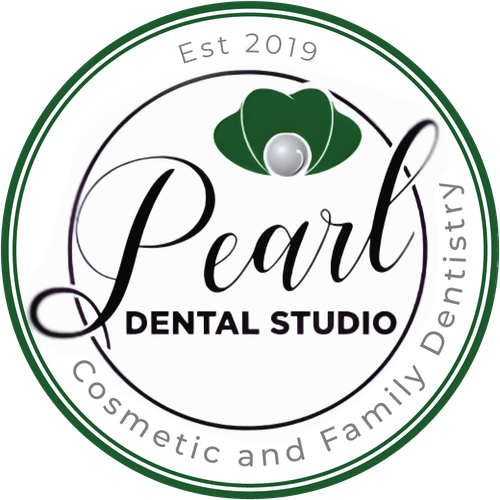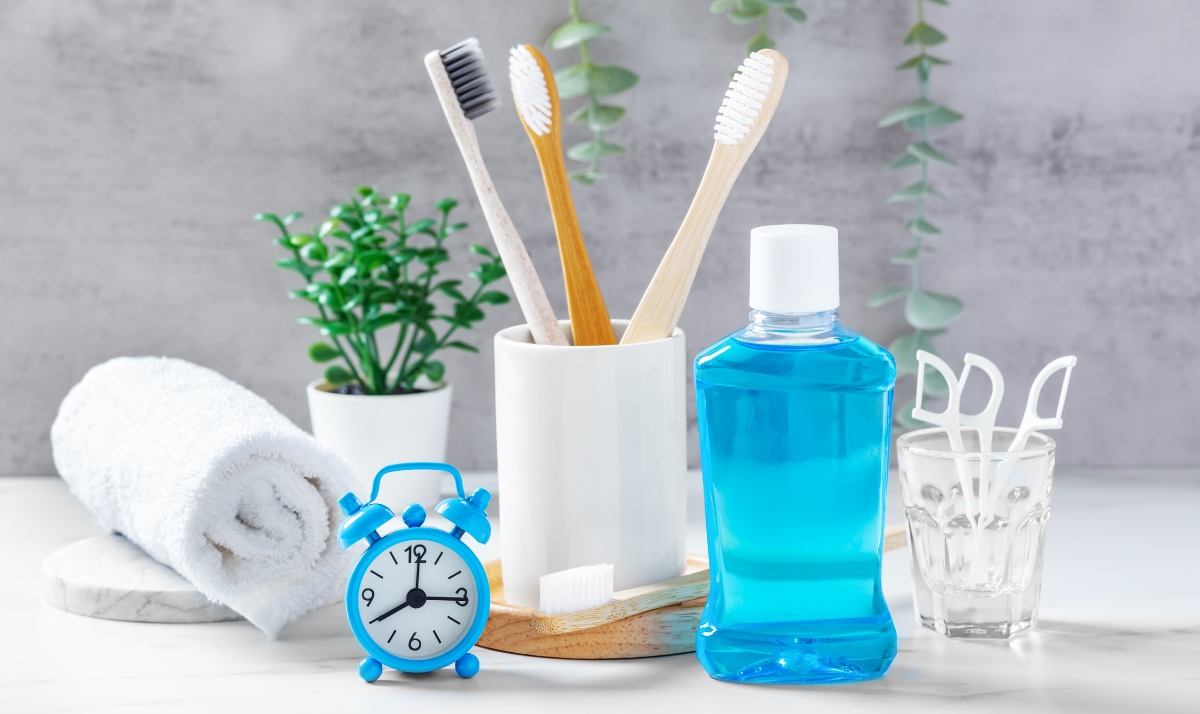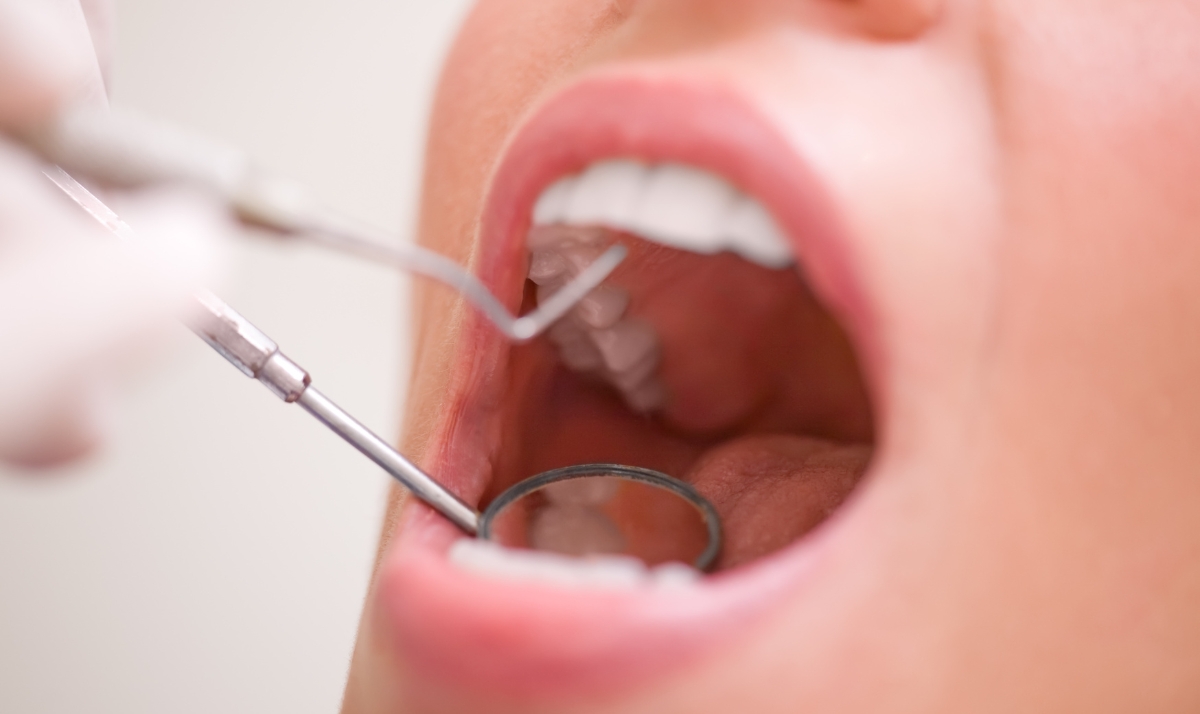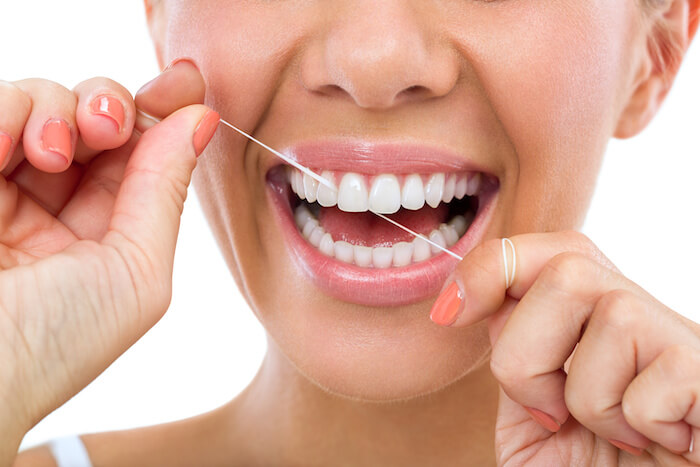117 Batesville Rd Suite 202, Simpsonville, SC 29681
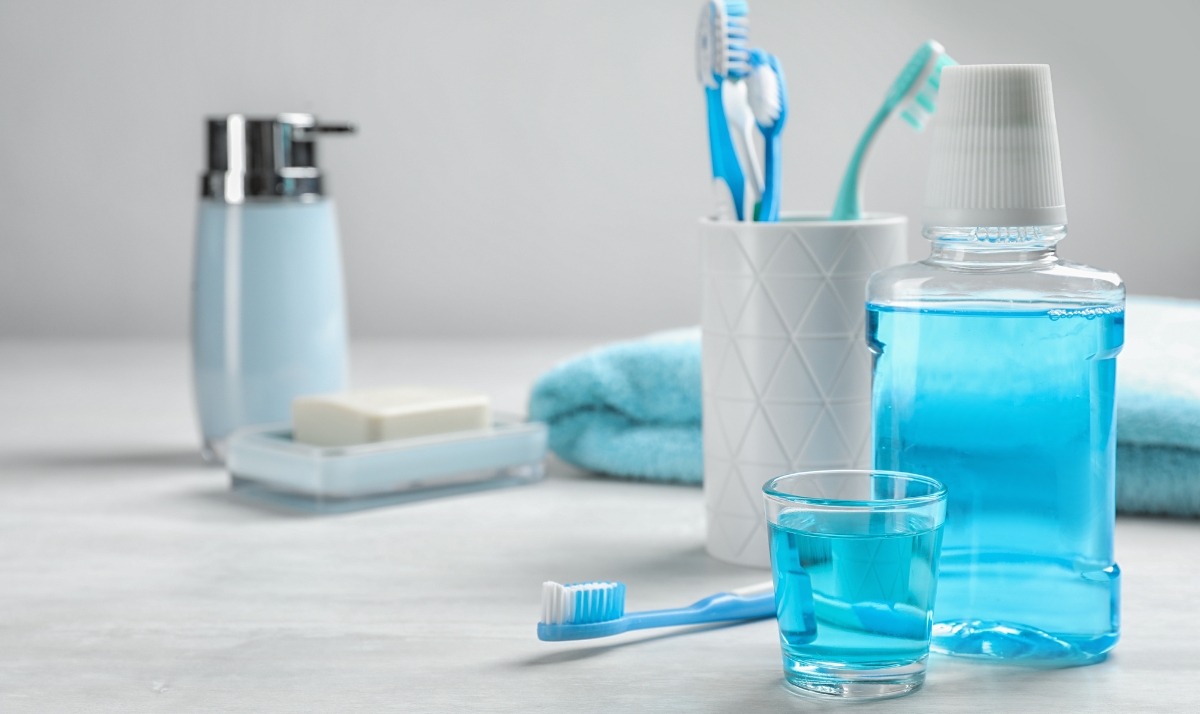
Oral hygiene is essential for strong teeth and healthy gums. Regular dental visits help, but daily care matters most. Neglecting oral hygiene leads to cavities, gum disease, and bad breath. Poor dental hygiene can also affect overall health, increasing the risk of infections. Bacteria in the mouth can cause serious health problems like heart disease and diabetes.
Maintaining good oral hygiene between visits prevents costly treatments and painful dental issues. A proper routine ensures fresher breath, whiter teeth, and a confident smile. Following simple steps daily can keep your mouth healthy.
This guide will help you maintain oral hygiene and prevent dental problems.
Steps to Maintain Oral Hygiene Between Dental Visits
1. Brush Properly and Regularly
Brushing twice a day removes plaque and bacteria. A soft-bristled toothbrush protects gums and enamel. Fluoride toothpaste strengthens teeth and prevents decay. Hold the toothbrush at a 45-degree angle to clean gum lines. Brush for at least two minutes, covering all surfaces. Replace your toothbrush every three months for effective cleaning.
2. Don’t Skip Flossing
Flossing removes food particles and plaque between teeth. Skipping flossing can lead to gum disease and cavities. Use about 18 inches of floss and wrap it around your fingers. Gently slide it between teeth and curve it along the gum line. Water flossers can be a great alternative for those with sensitive gums.
3. Use Mouthwash Effectively
Mouthwash helps kill bacteria and freshens breath. Alcohol-free mouthwash is gentle on gums and prevents dryness. Fluoride-based mouthwash strengthens enamel and reduces cavities. Use it twice daily after brushing for maximum benefits. Swish it for 30 seconds to reach all areas of your mouth.
4. Maintain a Healthy Diet for Strong Teeth
A balanced diet supports good oral hygiene. Dairy products like milk and cheese strengthen teeth. Leafy greens provide essential vitamins for healthy gums. Crunchy fruits and vegetables help clean teeth naturally. Avoid sugary and acidic foods that cause enamel erosion. Drink plenty of water to wash away bacteria and food particles.
5. Keep Your Tongue Clean
Bacteria on the tongue can cause bad breath and plaque buildup. Cleaning your tongue improves overall oral hygiene. Use a tongue scraper or the back of your toothbrush to remove bacteria. Make it a daily habit to prevent odor and infections.
6. Replace Your Toothbrush on Time
A worn-out toothbrush is less effective at cleaning teeth. Replace it every three months or sooner if the bristles fray. If you’ve been sick, change your toothbrush to prevent reinfection. Choose a toothbrush with soft bristles for better dental hygiene.
7. Stay Hydrated and Chew Sugar-Free Gum
Drinking water helps flush out bacteria and food debris. Saliva protects against cavities by neutralizing acids. Sugar-free gum stimulates saliva production and freshens breath. Xylitol-based gum reduces bacteria and promotes oral hygiene. Chew gum after meals to clean teeth when brushing isn’t possible.
8. Watch Out for Warning Signs
Bleeding gums may indicate gum disease or poor dental hygiene. Tooth sensitivity could be a sign of enamel erosion. Persistent bad breath might signal an underlying oral health issue. If you notice any of these signs, visit your dentist immediately. Early detection prevents major dental problems.
Common Dental Issues Between Visits
Plaque and Tartar Buildup: What You Need to Know
Plaque is a sticky layer of bacteria that forms on teeth. If not removed, it hardens into tartar, leading to cavities and gum disease. Brushing, flossing, and regular dental hygiene help prevent buildup.
The Risk of Gum Disease and How to Prevent It
Gum disease starts with gingivitis and can lead to tooth loss. Swollen, red, or bleeding gums are early signs. Good oral hygiene, regular flossing, and dental checkups help prevent it.
Causes and Solutions for Bad Breath
Bad breath results from bacteria, dry mouth, or poor oral hygiene. Brushing, flossing, and staying hydrated reduces odor. Using mouthwash and cleaning your tongue also help maintain fresh breath.
Maintaining oral hygiene between dental visits is crucial for healthy teeth and gums. Regular brushing, flossing, and a healthy diet prevent dental problems. Watch for early signs of oral issues and seek professional care when needed. Stay consistent with your routine to ensure long-term dental hygiene.
Schedule regular checkups with our dentists to keep your smile bright and healthy. Prioritize oral hygiene daily for a lifetime of strong teeth.

